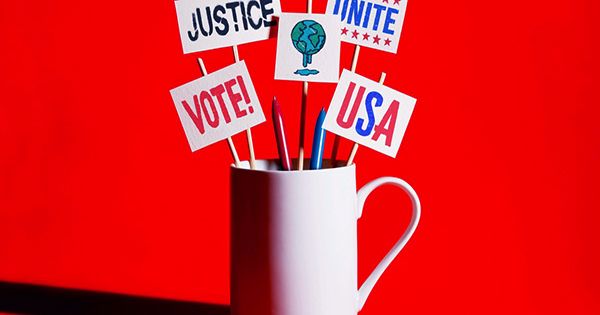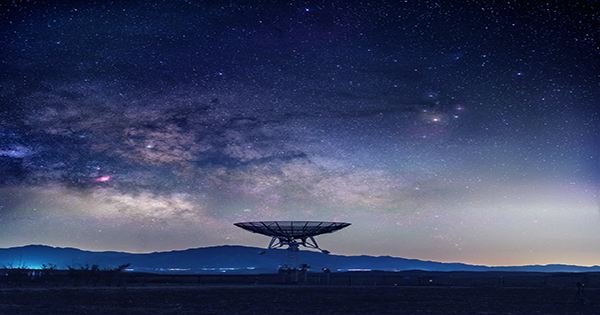Matt Wigham and Eric Turner, co-founders of e-commerce startup Big Cartel, voluntarily recognized the Big Cartel Workers Union yesterday. The union, which represents all 30 non-management employees at the Salt Lake City-based tech firm, will begin contract negotiations after the New Year. This news comes just nine months after Glitch employees signed the first collective bargaining agreement in the tech industry. The Office and Professional Employees International Union (OPEIU) Tech Workers Union Local 1010, which already represents unions at Kickstarter and Code for America, will represent the Big Cartel Workers Union.
“It’s evident that Big Cartel’s founders want this union to succeed, and they see how all of our beliefs align,” said Andrew Shaw, a two-year Big Cartel marketing employee. “I anticipate the negotiating to proceed quite well and swiftly, and I expect it to continue to be a positive example of how unionizing in a digital business can be done amicably.” Unionization drives are frequently sparked by a specific situation. The impulse to unionize in the instance of Big Cartel, however, originated from a desire to merely confirm and defend labor protections.
“It’s really about putting safeguards in place around the aspects of our working conditions that we value, such as ensuring that our pay is consistent and equitable across genders, races, and teams within the company, and ensuring that our benefits are more secure than they are now without a contract.” “We’re looking for more openness and engagement in the company’s decision-making processes,” Shaw told.
In a “right-to-work” state, the Big Cartel Workers Union will be the first tech union. According to the OPEIU, 27 states have “right-to-work” legislation that bans employers and unions from entering into union security agreements. This implies that no employee may be coerced to join a union or pay dues, but these regulations can often make it more difficult for workers to create unions in the first place. “Benefits typically just come up [in discussion] at these firms, or there has to be an individual disagreement in order for you to iron out some of these specifics,” Shaw said. “I’m thrilled to see that we can have these talks without having to start with a dispute or feel like we’re in the middle of a crisis.”
Activision Blizzard employees are going through their own “critical crisis moment” now. State labor regulators sued the maker of games like “World of Warcraft” and “Call of Duty” last summer for discriminatory employment practices, and the business revealed in September that the SEC. is examining it.
Over a thousand Activision Blizzard employees have signed a petition to fire CEO Bobby Kotick, who was accused of covering up sexual assault complaints in the workplace. A Better ABK launched an open-ended walkout and a union campaign last week, and bosses have already told employees to “think the repercussions” of joining a union.
Even in less severe instances, the route to unionization for tech employees can be difficult. When Kickstarter employees organized a union in 2019, the company’s leadership declined to recognize the organization willingly. When a company refuses to recognize a workers’ union, the organizers must hold an election through the National Labor Relations Board (NLRB) – in the case of the Kickstarter union, this took ten months until they finally decided to unionize.
Over a year after unionization efforts began, workers at the controversial crime-tracking software Citizen chose to unionize just yesterday. A Citizen spokesperson told the New York Post earlier this year that the firm as opposed to the union push. “Our friends at Code for America and Kickstarter have undoubtedly motivated us,” Shaw told. “We want others to be motivated by the work that we’re doing because we want to ensure that employees across all sectors and firms are protected and treated decently, not just the 30 individuals here at Big Cartel.”
















